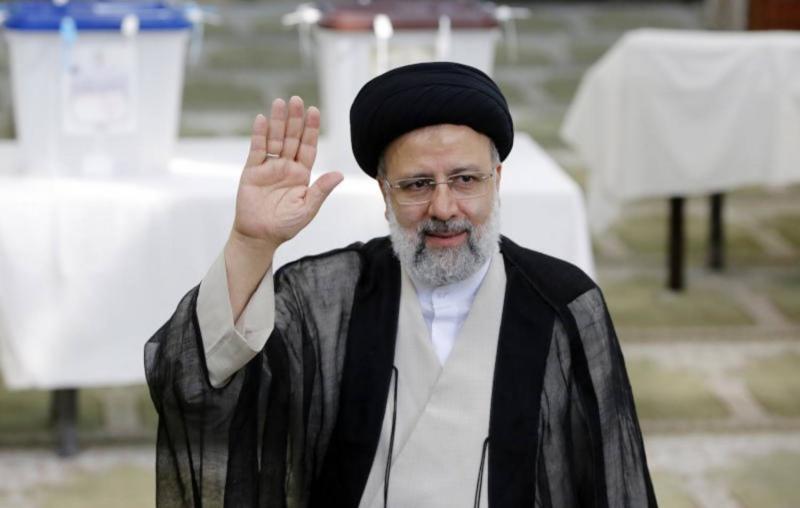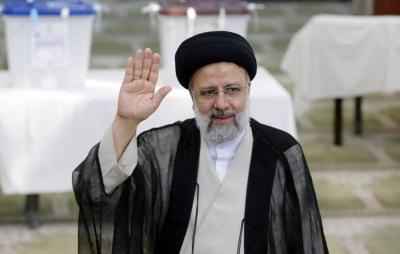Ibrahim Raisi is a conservative cleric aged 63, considered close to the Iranian regime's Supreme Leader, Ali Khamenei, both hailing from the northeastern city of Mashhad, where Raisi was one of Khamenei's students. Raisi is the eighth president of Iran since the revolution in 1979, succeeding reformist President Hassan Rouhani, who served two terms in office. Raisi ran in the 2017 presidential elections against Rouhani but failed, receiving only 38% of the voter turnout. He succeeded in becoming president after the Guardian Council disqualified several strong reformist candidates, such as former parliamentary speaker Ali Larijani, leading to a widespread boycott of the elections. The elections that brought Raisi to power are viewed as tailored to his interests, especially with the exclusion of his most prominent competitors.
Before his election, Raisi held the position of head of the judiciary in Iran and held various roles within the regime, including the presidency of the charitable Astan Quds Razavi foundation, which oversees the Imam Reza shrine in Mashhad, a significant religious site for Shiites. Leading this institution gave Raisi substantial influence in the country due to its large assets, and he held that position for three years.
**Anti-Corruption**
In March 2019, Raisi took office as head of the judiciary, with his main task assigned by the Supreme Leader being "the fight against corruption." Given his leadership role in Iran's judiciary and his ambitions to lead the country, he used his authority to prosecute several individuals who might challenge him in elections, including Sadiq Larijani, brother of Ali Larijani. The "fight against corruption" continued through the presidential elections, where he promoted it as a slogan in his campaign, portraying himself as "an enemy of the corrupt."
Raisi is known for his strictness and extreme conservative positions in Iran, even compared to other supporters of this trend, having banned a music concert in Mashhad in 2016. However, this may pale in comparison to his involvement in mass executions of opponents in the 1980s, according to human rights organizations and Iranian opposition sources. For decades, Ibrahim Raisi has been a key figure in the Iranian judicial system, serving as the prosecutor general in the capital during the 1980s when he was not yet 29 years old. He was part of what is known as the "Death Committee," which was responsible for executing thousands of leftist and Marxist detainees in 1988, accused of belonging to the People's Mujahedin Organization of Iran.
While the National Council of Resistance of Iran, the political wing of the People's Mujahedin, claims that 30,000 people were executed, other estimates indicate the actual number ranges between four and five thousand. Amnesty International states that Ibrahim Raisi was part of a "Death Committee" comprising four members, which sentenced opponents to death without trial before burying them in mass graves. When questioned decades later about this dark chapter in Iran's history, Raisi denied any role in it but praised the decision made at the time by the then Supreme Leader Khomeini.




